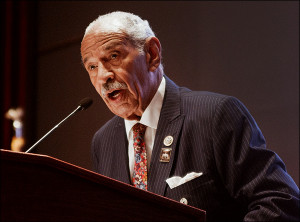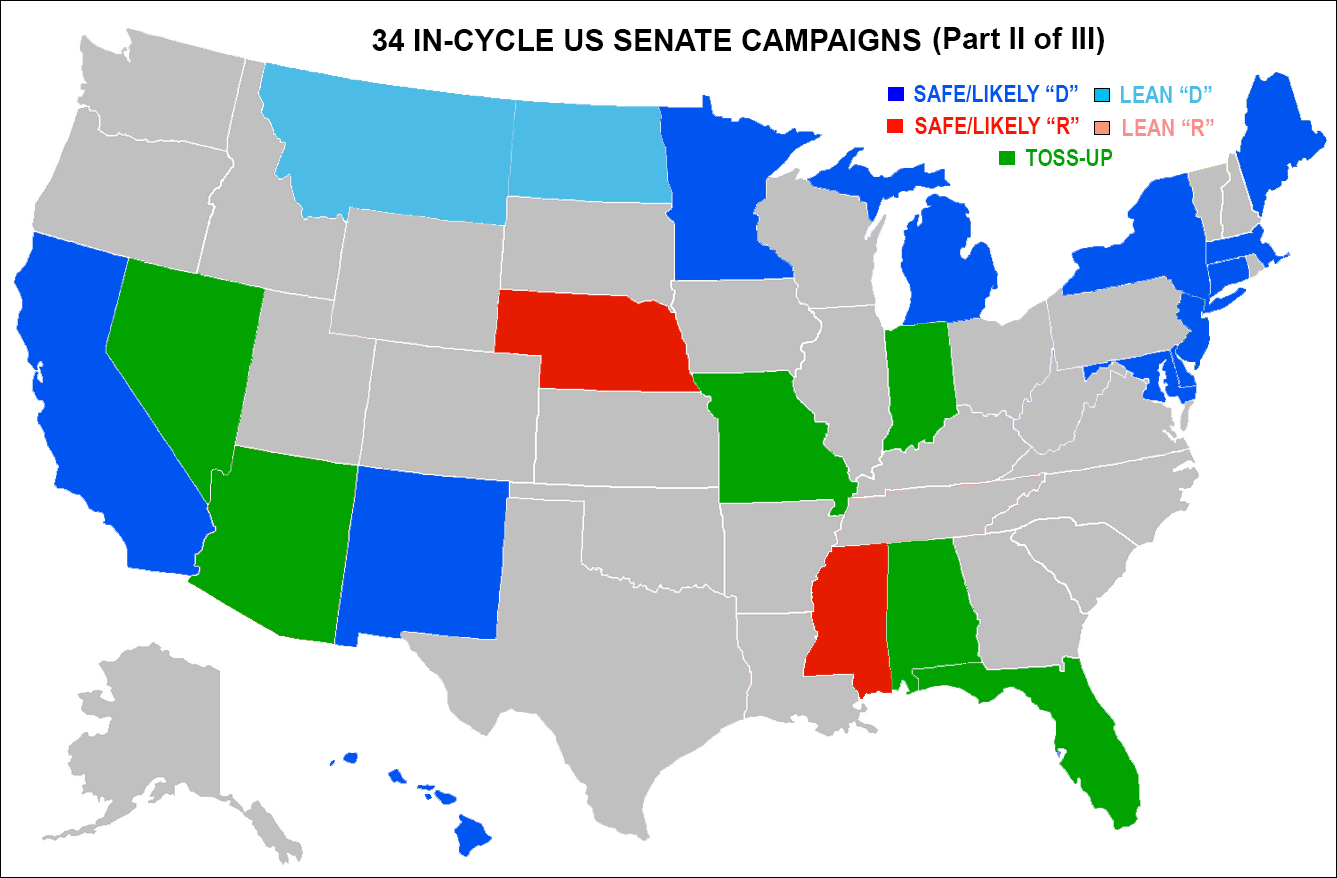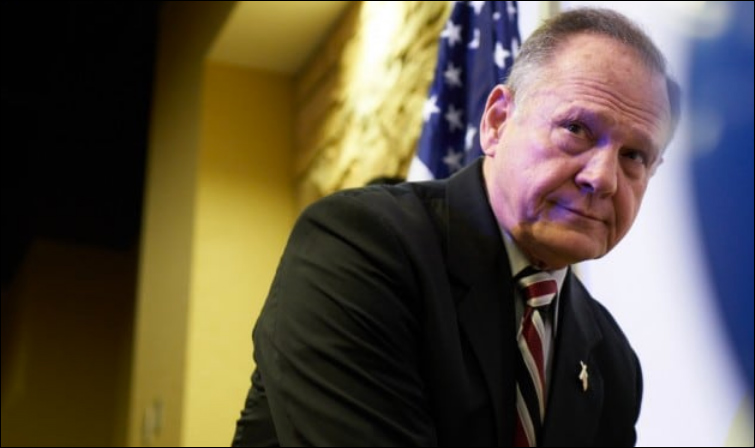UPDATE: Sen. Al Franken (D-MN) today on the floor of the US Senate announced that he would resign: “I am announcing that in the coming weeks, I will be resigning as a member of the United States Senate,” he said.
By Jim Ellis
Dec. 7, 2017 — A day after US House Dean John Conyers (D-MI) resigned from Congress over sexual misconduct allegations, the resignation drumbeat for Minnesota Sen. Al Franken to follow suit may have risen to a successful crescendo. The embattled Democratic politician has now scheduled time this morning on the Senate floor to make an announcement.

Minnesota Sen. Al Franken | Facebook
Speculation is rampant that he will make public his decision to resign because of growing sexual harassment accusations, but his spokespeople have stopped short of confirming that such will be the subject matter of his floor address.
The crushing blow to Franken’s political career may be seeing 30 Democratic senators, including Minority Leader Chuck Schumer (D-NY) and Minority Whip Dick Durbin (D-IL), go on record calling for him to resign. Democratic National Committee chairman Tom Perez has also called upon Franken to leave office.
Should he depart, the 2018 Senate election cycle will significantly change. Gov. Mark Dayton (D) will choose a replacement to serve until the next regular election, with voters then choosing an officeholder to complete the term. The Class II seat would then come in-cycle for a full term in the 2020 election.
Published Minnesota sources suggest that Gov. Dayton’s first choice would be to appoint Lt. Gov. Tina Smith (D), his former chief of staff. Most believe she would serve in a caretaker role, thus opening the race in 2018. Smith chose not to run for governor even though the seat is open saying in March when she made public her retirement decision, “just because you can do something, doesn’t mean you should do something.”
Should the involved players choose the caretaker course, we would see this open Senate race accompany an open governor’s position and Sen. Amy Klobuchar (D) seeking re-election all on the same ballot. The scenario of yielding a competitive governor and Senate race would add to the Minnesota political intrigue, since the state is likely to host as many as five contested US House campaigns among its eight congressional districts.
The Franken situation could also have reverberations for the Alabama special Senate race to be decided on Tuesday. Should Republican Roy Moore win, and he is once again leading according to most polls, the problem of having Franken in the chamber accused of similar actions would be eliminated. This means a bid to expel Moore after he is sworn in could gain steam.
Democrats wanted to get themselves on record as being strongly supportive of sexual harassment victims by vociferously calling upon Sen. Franken to resign, but they also free themselves to call for a new Sen. Moore to resign or be expelled. Since the Republican leadership is not happy with the prospect of Moore serving, the Franken situation could place the twice-removed Alabama state Supreme Court Chief Justice in an untenable position should he win on Tuesday.
Taking the Alabama scenario further, should Moore be expelled – it is unlikely he would resign since he did not remove himself from the ballot after the sexual allegation charges broke, and the voters would have just elected him even with the knowledge of such accusations – the vacancy situation would repeat itself. Gov. Kay Ivey (R) would then appoint an interim senator and the seat would immediately again be placed into special election mode.
This time the new special election would likely be scheduled concurrently with the regular election cycle. As with Franken in Minnesota, the Alabama seat in question is a Class II, meaning it would come in-cycle for a full six-year term in 2020, so filling it with a 2018 election would give the winner only a two-year term.
Whether or not Sen. Franken follows through and resigns this morning, today promises to be an interesting one in the halls of the nation’s capitol.






